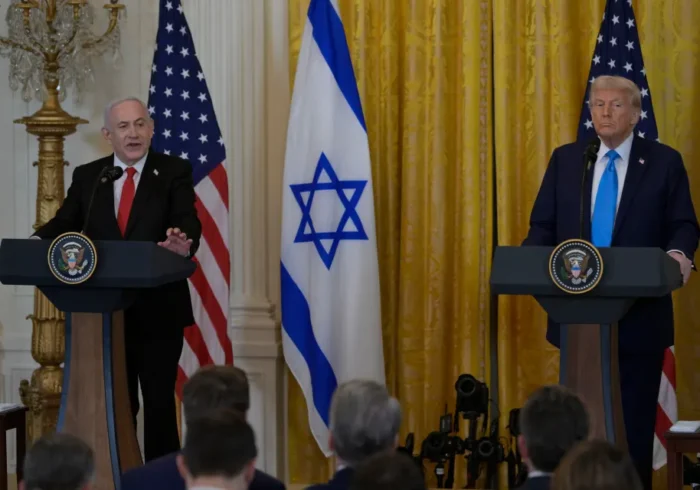Pakistan People’s Party (PPP) Chairman Bilawal Bhutto Zardari has admitted that the recently enacted 26th Constitutional Amendment was the outcome of a compromise with other political parties.
Speaking at the Oxford Union, Bilawal stated that while the amendment may not fully reflect his personal vision, the PPP played a crucial role in shaping the legislation by engaging with the opposition, despite having sufficient votes to pass it independently.
He reaffirmed the PPP’s dedication to democracy, constitutional rights, and devolution, emphasizing the party’s long-standing commitment to rights-based politics. Bilawal also welcomed constructive criticism, arguing that it strengthens governance and policymaking.
Addressing the broader democratic landscape in Pakistan, he acknowledged that the country’s institutions are not as robust as those in more established democracies. However, he pointed out that Pakistan is not unique in facing global challenges such as rising populism, misinformation, and declining political norms.
Explaining the significance of the 26th Amendment, Bilawal highlighted that establishing a constitutional court had been a key objective of the Charter of Democracy. Passed in October last year, the amendment restructured the judiciary by enabling the formation of constitutional benches. He emphasized that the PPP values dialogue and consensus-building over unilateral decision-making, citing discussions with opposition leaders like Maulana Fazlur Rehman to secure broad agreement on the amendment.
Bilawal also addressed the Prevention of Electronic Crimes (Peca) Amendment Bill 2025, acknowledging its shortcomings but stressing that it was an improvement over the original draft, which had proposed severe penalties such as 30-year prison sentences for social media violations. Despite opposition from journalists, the bill was passed in January, introducing new legal definitions, regulatory bodies, and stricter penalties for spreading false information.
The legislation led to the formation of the Social Media Protection and Regulatory Authority (SMPRA), the National Cyber Crime Investigation Agency (NCCIA), and the Social Media Protection Tribunal. Bilawal recalled that the PPP had previously opposed the harsher version introduced during Imran Khan’s tenure and worked to refine the bill through amendments.
As the third-largest party in the National Assembly, Bilawal acknowledged that the PPP does not have the power to dictate legislative decisions but remains committed to influencing policymaking through dialogue and negotiation.





